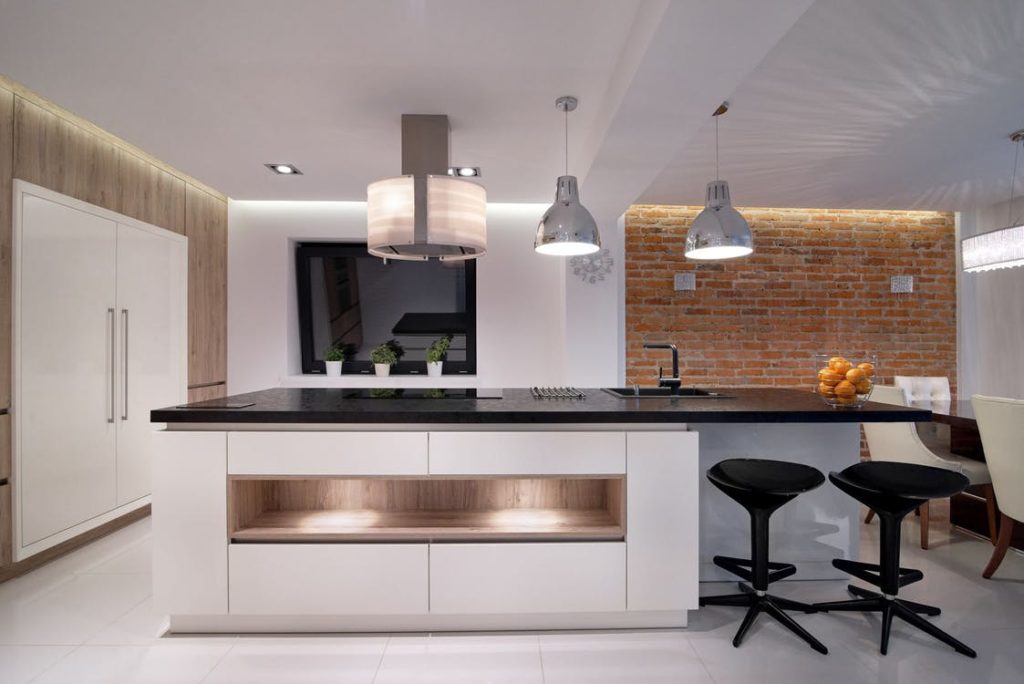
When you buy a property, there are a host of costs to think about after you get settled in. If you have a newer home, then these might not come until later on, but if you have an older property, maintenance and improvements may come into play a lot sooner than you think. Although you may have had surveys to check the house before moving in, there may still be things that require a little TLC later down the line. These issues can turn into more significant problems if not sorted in good time, so budgeting for them will help to prevent any surprise costs.
It can be challenging to know precisely how much to put aside each month or year especially if budgets are already stretched so starting with the basics can help get you off on the right foot. Take a look at some of the ways you can start saving more to lessen the maintenance burden down the line.
Plan ahead
No one can predict what will happen today or tomorrow, but you may have some idea of the type of work that might need completing in the near or distant future. Some aspects may be more obvious than others such as knowing your boiler needs repairing regularly or those draughty windows that are letting too much cold air in. There are some that can be planned for in advance and others that might require immediate attention. Determining each can help you plan costs and disruption ahead of urgent action. However, you should always compare prices, especially if you need a big job doing. For instance, replacing your home’s roof can be expensive and a lengthy experience, so make sure to head to a comparison site for conservatory roof replacement quotes or if you need the roof of your main home fixed.
Start building some reserves
It is essential to start building a pot to put money aside for these improvements or general maintenance costs. If you know what type of work might need completing in the future, you will have a goal to work towards. For instance, if you know you’ll need to repaint the outside of your home, which is a large building, or you may need to replace your windows in a couple of years, put a monthly sum of money away. Do this by calculating your expenses, such as rent, utility bills, car payments, cost of living, etc. Calculate a percentage, and then make sure you put this money away in a separate savings account. A separate account will ensure you keep from spending it.
Use credit sensibly
When something goes wrong, you might not have enough to cover the cost of replacement or repair. In these cases, turning to credit cards or loans may be your only step if a family member cannot help out in the interim. If you have credit available, take a look at the deals you have on these resources, as you may be able to take advantage of low rates to provide a buffer. If you want to remodel your home on purely cosmetic reasons, then saving money for this rather than taking out new credit or loans will ensure you can manage your budget effectively and not end up paying over the odds for home improvements.
Budgeting for essential repair and improvement works can help to keep your home in the best condition for your family. It’s good sense to keep an emergency fund in a separate account for such unforeseen reasons. The last thing you want to happen is to live in a home with a broken window or a roof that need urgent tending to.
